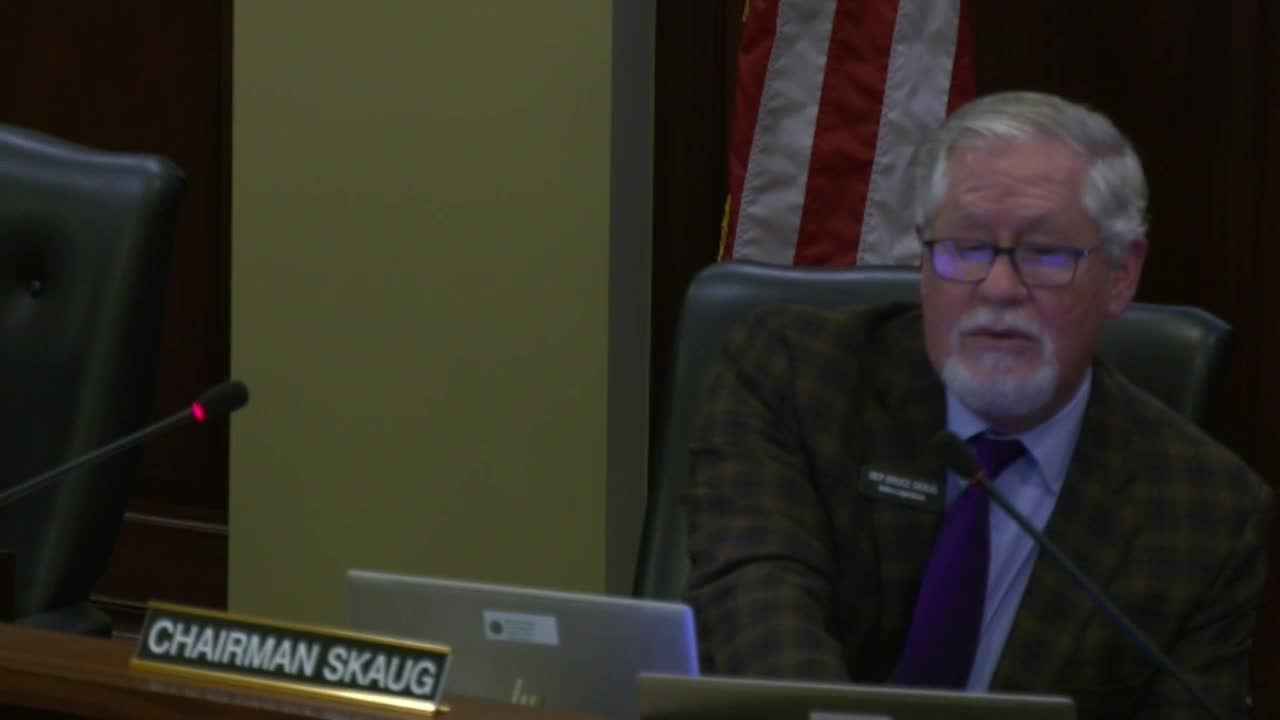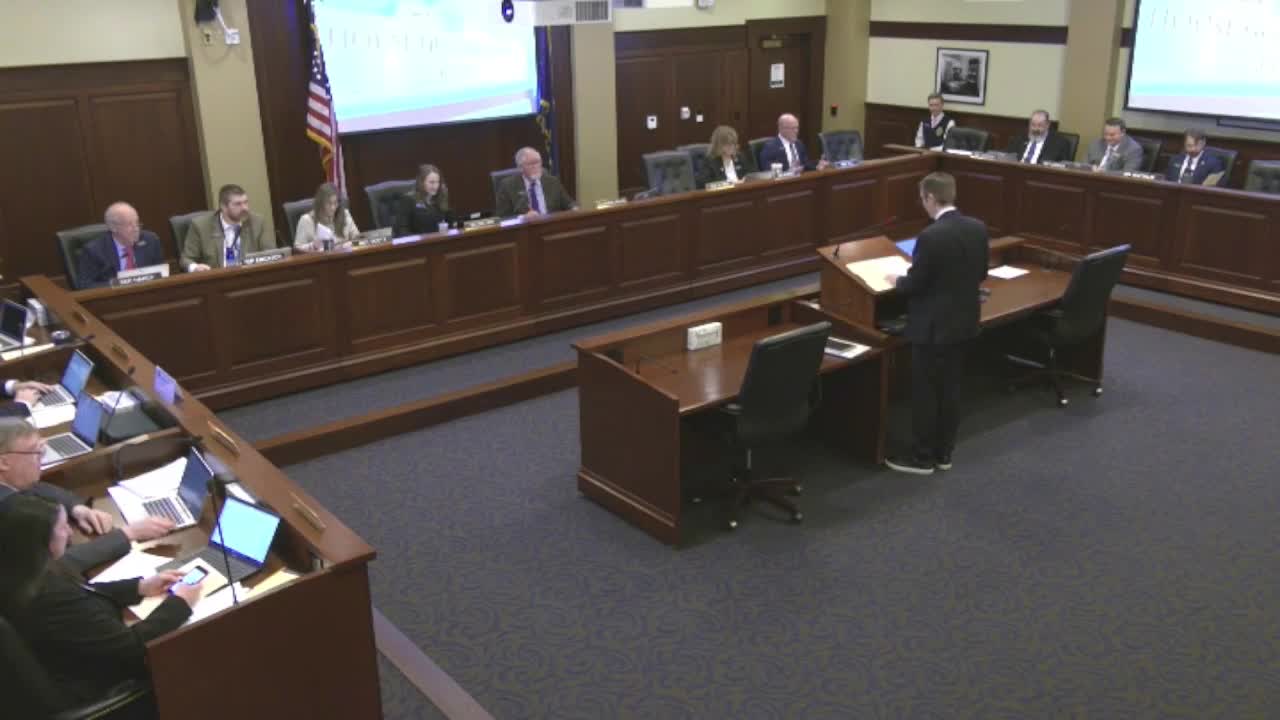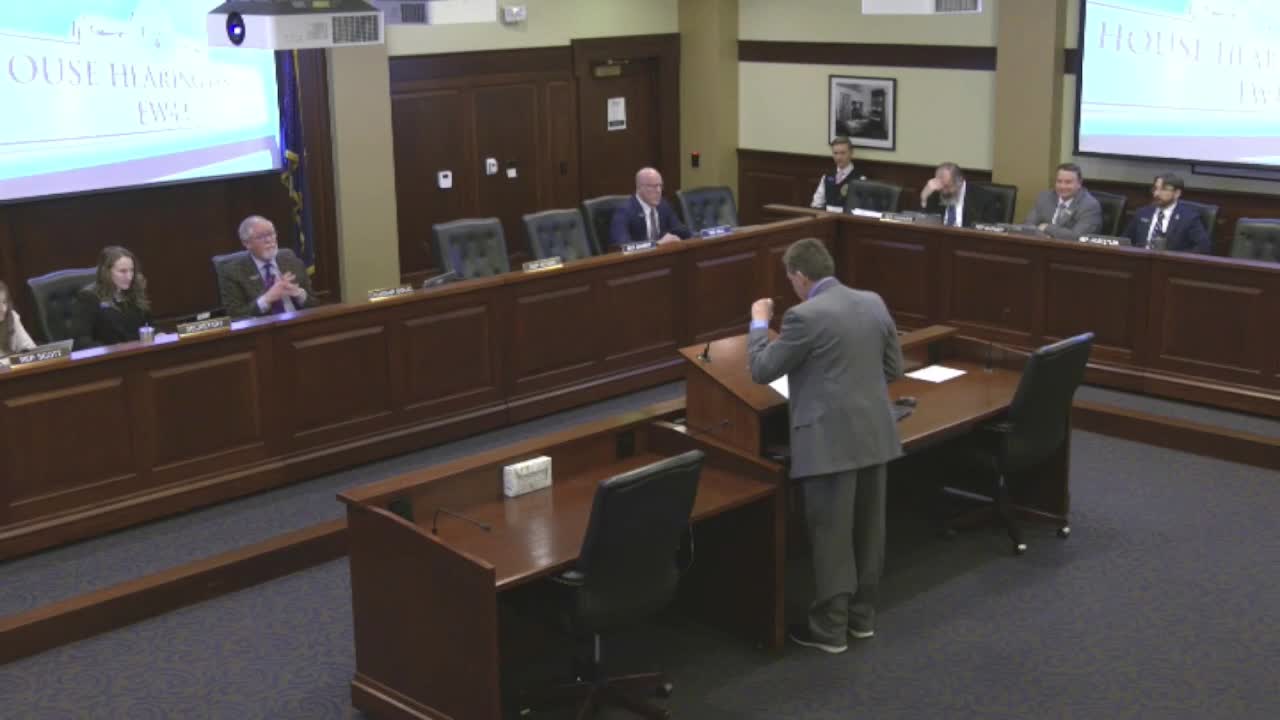Article not found
This article is no longer available. But don't worry—we've gathered other articles that discuss the same topic.

After contested hearing, committee approves minimum $300 fine for possession of up to 3 ounces of marijuana

Panel votes to send bill expanding Attorney General investigation authority to city officials to the floor

